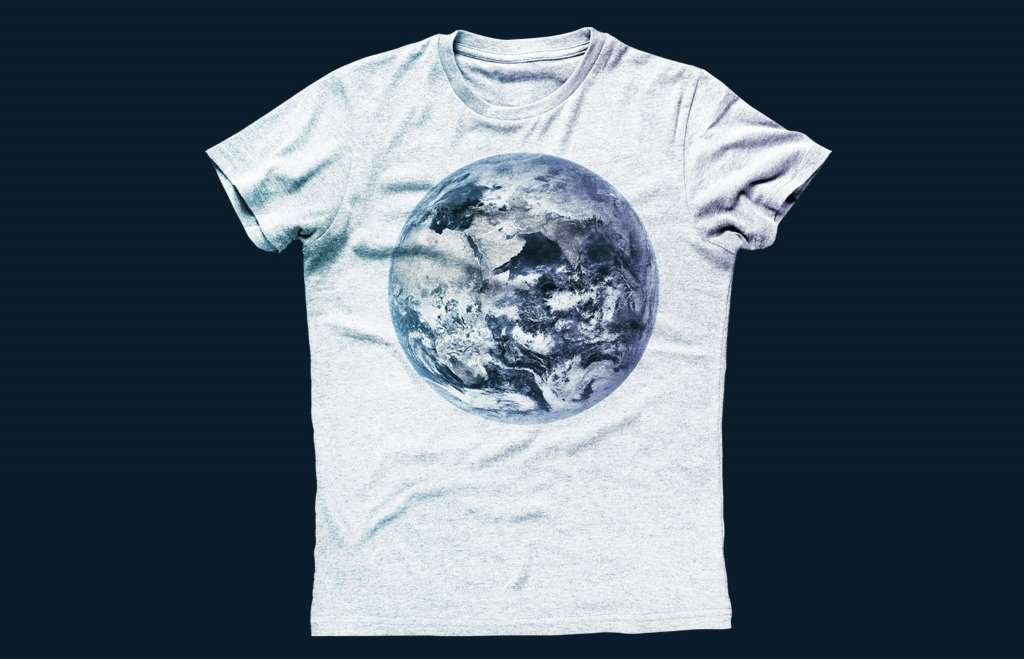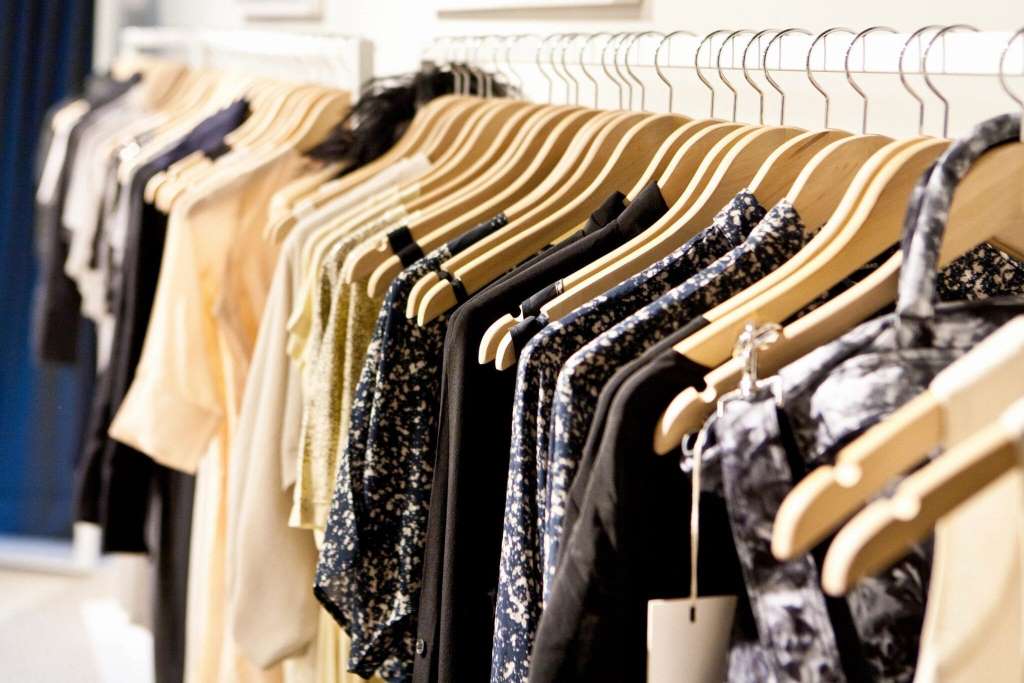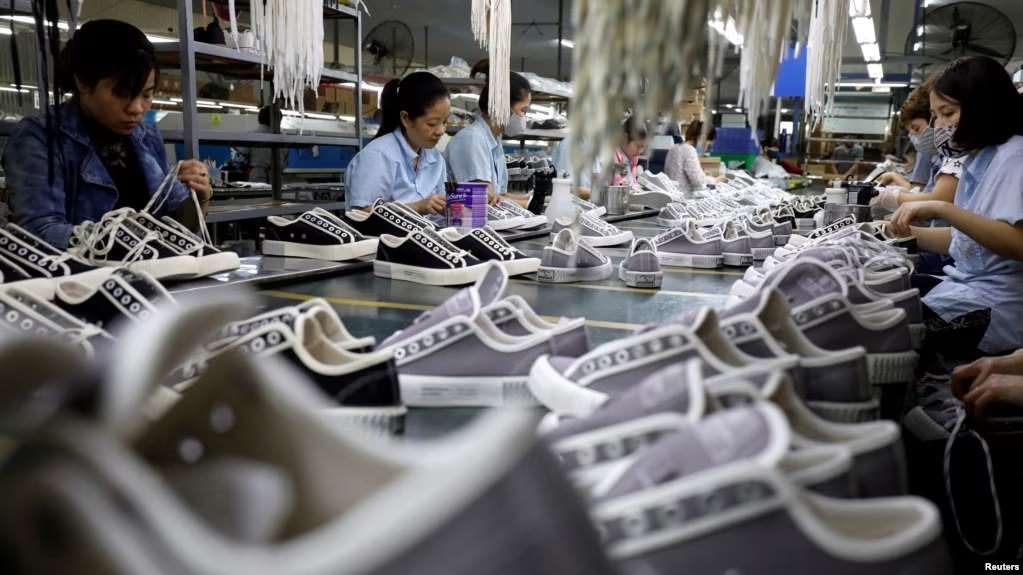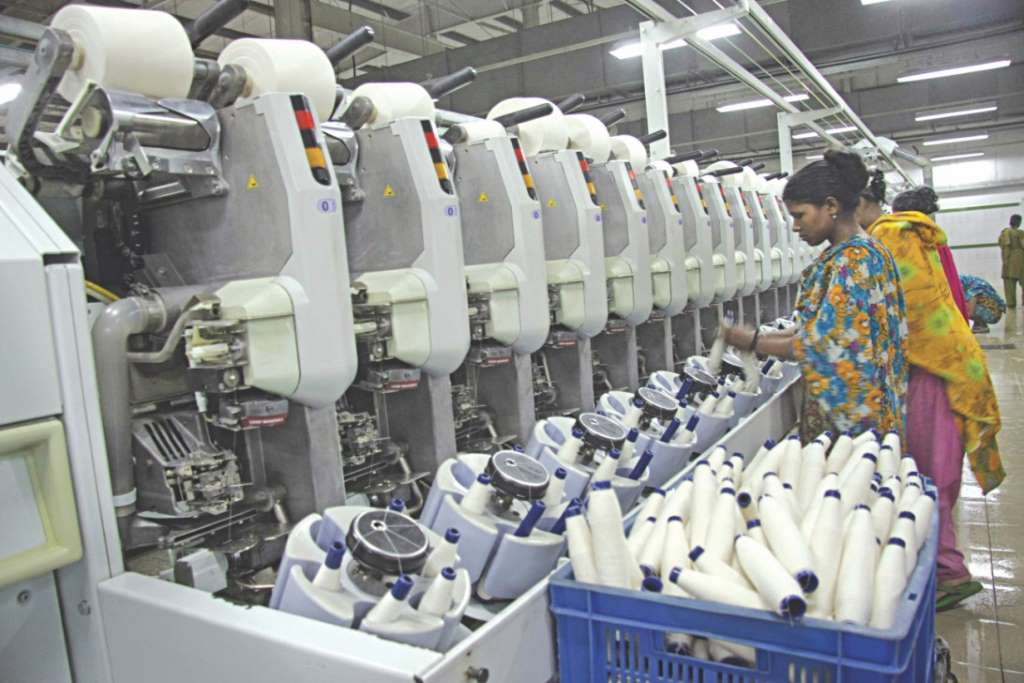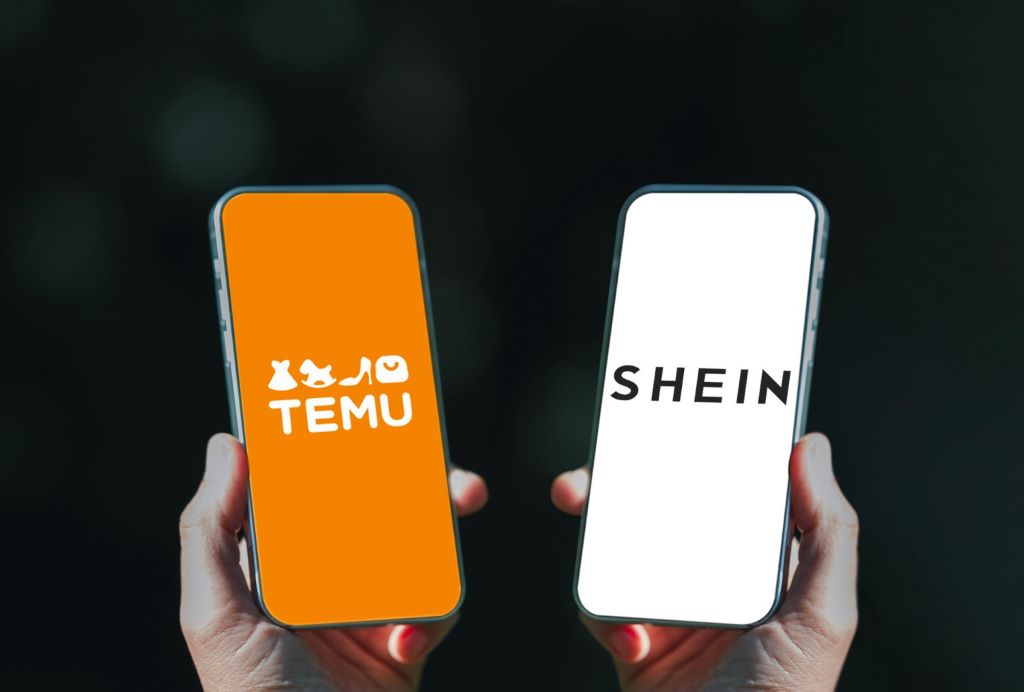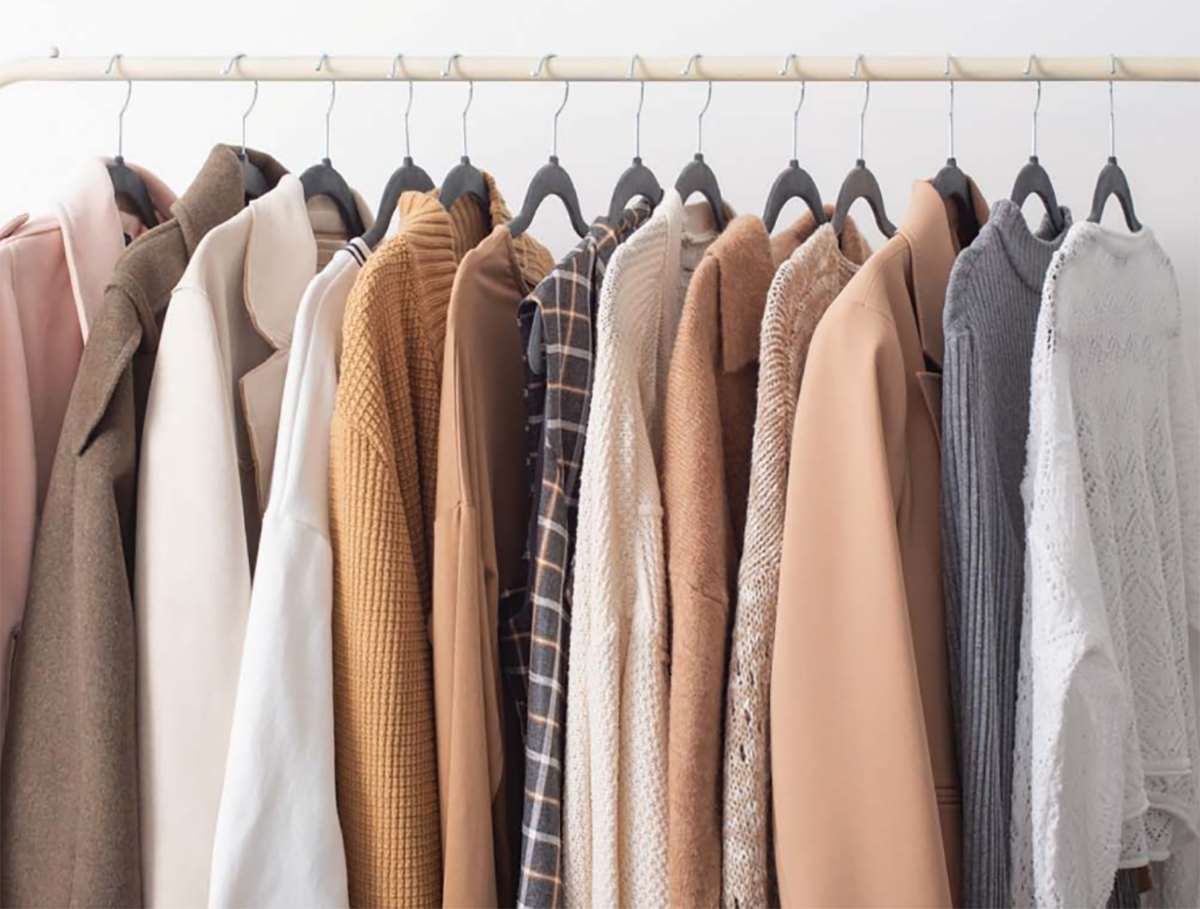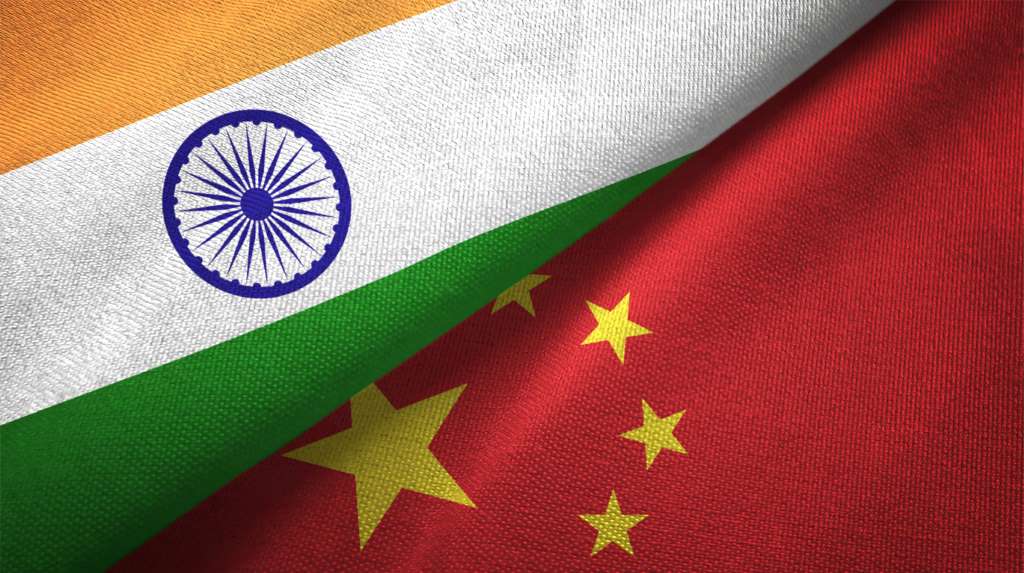FW
Unemployed textile workers in Spain's Valenciana region could get European Globalisation Adjustment Fund (EGF) aid worth €840,000 to help them find new jobs under plans approved by Parliament's Budgets Committee. The aid still has to be approved by Parliament as a whole and the Council of Ministers. The EGF aid would help pay for measures such as individual counseling, vocational training, help in setting up a private business or intensive job-search assistance for 300 of the 560 workers made redundant by 198 textile firms.
This aid would meet half the cost of a €1.68 million aid package, the other half of which would be met by Spain. The redundancies are the result of major structural changes in world trade patterns, especially due to competition from China and other Far Eastern countries. The textile manufacturing sector has been the subject of 11 EGF aid applications, six of which were from the Valenciana region.
The European Globalisation Adjustment Fund contributes to packages of tailor-made services to help redundant workers find new jobs. They are offered measures such as support for business start-ups, job-search assistance, occupational guidance and various kinds of training.
Pakistan Readymade Garments Manufacturers & Exporters Association (PRGMEA) in collaboration with EVECON is organizing the ‘Made in Pakistan Expo 2014’ at the World Trade Centre from April 3-7, 2014 in Mumbai, India. The government of Pakistan through Ministry of Commerce & Textile and Karachi Chamber of Commerce & Industry (KCCI) and Association of Indian Industries (AIAI) have expressed their full support to PRGMEA for the expo and the Pakistani Mission in India has also been advised to facilitate the organizers for arranging the event in a befitting manner.
Pakistani products especially fashion fabrics and garments have big market in India, and such events are visited by numerous visitors daily. The expo will provide a platform for fashion, textile, food, leather, footwear and many other lifestyle related products under the slogan ‘Reach the right audience, at the right time, in the right way’.
Exhibitors from segments like fabrics, home textiles, fashion clothing (casual, formal and bridal), textile made ups, footwear, textile handicrafts, sports goods, gloves, jewellery, etc will display their range during the expo.
www.prgmea.org
Following the footsteps of the largest importer of apparels, the US, now the UK has decided to focus on bringing mass-market garment production back to the country. However, experts speaking on the subject at the recent ASBCI conference 'Making it in the UK - Ready or not?' expressed that there are still challenges to overcome if the 'Made in Britain' movement.
Today, more than 100,000 people are employed in the UK textile industry compared with 340,000 at the end of the millennium. Yet clothing manufacturers produced £3.2 billion at cost during 2012, up from £2.9 billion in 2008. Domestic manufacturing in the UK seems to be back on track again owing to rising labour costs and freight charges in overseas destinations, China concentrating on domestic consumption and difficulty in sourcing raw materials.
Another reason behind the trend is the customers asking for original British fashion and growing environmental and ethical concerns over 'sweatshop' style workplaces in foreign locations from where the country imports. Basic Thinking, which makes women’s and children’s fast fashion clothing, for instance has decided to focus on production back in the UK. Earlier, the Leicester-based firm manufactured its requirements from its vertical operation in Egypt with an average lead time of eight weeks FOB but now, the company only manufactures 20 per cent of its product in Egypt with lead times between two and four weeks, and 80 per cent of its garments in the UK.
However, it’s just the beginning with 60 per cent of the UK's clothing workforce over 40 years old and young showing no interest in working for the textile manufacturing unit, the industry would face obstacles in setting up manufacturing operations in the UK. Basic Thinking, in conjunction with training provider KTL, has set up its own sewing academy, which plans to enroll unemployed people on the course starting next month. Also Fashion Enter, a not-for-profit social enterprise, is developing skills within the country's fashion and textiles industry with its stitching academy and factory.
With the country investing only 1.5 per cent of its manufacturing investment in the clothing, textile and leather industries over the past few years, there’s definitely a long way to go.
APTMA Punjab, Chairman has asked the Indian ministry of commerce and ministry of textile industry and Cotton Export Corporation India to implement strict measures on the Wagha border to strengthen trade. Confidence-Building Measures (CBM) in the interest of trade relations of Pakistan and India, as the organization has found an abnormal weight variation of cotton bales being imported from India through the border.
The Chairman of APTMA Punjab, S M Tanveer has pointed out that Pakistani importers of Indian cotton have witnessed almost 20 kg reduction per bale imported from India. And they have lodged complaints with the association about the unfair trade practices on the Indian side. In normal trade practice, a weight variation of one to five kg per bale is acceptable due to the drying up of moisture content.
Around the time, when both the countries wish to improve their trade relations and since India is a major exporter of cotton to Pakistan, the industry has asked the Indian authorities to immediately look into and curb the unfair trade practices going on the side of India border.
www.aptma.org.pk
Readymade garment exporters of Bangladesh are looking to diversifying their market. Reason: Their traditional export destinations, the EU and the US, are laying down stringent conditions related to workplace safety and labor rights. With a view to explore newer markets, the Bangladesh Garment Manufacturers and Exporters Association (BGMEA) and the Bangladesh Knitwear Manufacturers and Exporters Association (BKMEA) are planning to organize single country fairs both in and outside Dhaka and organize networking exchange and business tours.
The BGMEA will organize single country fairs for Indian and Chinese apparel buyers, buying houses and trade body representatives and other related traders in April and June. It's also planning to hold such expos for South Korea, South Africa, Russia and Mexico this year while the BKMEA will hold fairs focusing on the Latin America, Brazil and Chile markets by 2014. The expos will display Bangladesh products and services to attract Indian and Chinese buyers and their representatives and further business development.
Diversification of markets and products is also important to reduce different business risks that emerge due to recession and a series of industrial tragedies that have seriously highlighted safety issues in the garment sector.
www.bgmea.com.bd/, www.bkmea.com/
Work orders from international buyers are picking up with the return of political stability in Bangladesh after the January 5 national elections. Garment makers aim to achieve their export growth target at the end of the year if there are no further political upheavals.
Bangladesh, the second largest garment exporter after China, shipped knitwear items worth $7 billion and $7.18 billion of woven items, a year-on-year growth of 18.13 per cent and 17.32 per cent in July to January. The country shipped more than $2.24 billion of clothing overseas in January, 7.09 per cent more than a year ago period. This advance marks the 18th year-on-year increase in the last 19 months, buoyed by gains in exports of both woven and knitwear.
With Bangladesh tentatively on track to ship an unprecedented amount of clothing in 2014, and it will import record amounts of both textiles and cotton in response. Given that the country grows little cotton of its own, the local textile and apparel sector is almost entirely dependent on imports of the fiber. Cotton consumption in Bangladesh may rise 8.75 per cent in fiscal 2014-15.
However Bangladesh will face challenges in the European market as the European Union has awarded trade preferences to Pakistan as well for the same products.
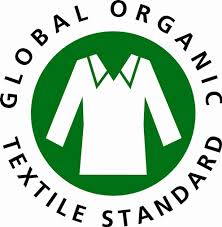 The Global Organic Textile Standard (GOTS) International Working Group has released Version 4.0 of the worldwide recognized standard for processing of textiles made from at least 70 per cent or 95 per cent certified organic natural fibers. GOTS' core provisions such as the 70 per cent minimum content of certified organic fibers, the general ban on the use of substances from disputed techniques such as genetic engineering and nanotechnology, as well as carcinogenic substances, have been maintained in the new version. There are modified rules on permissible conventional ‘additional fiber materials’: these now may consist of regenerated, respective synthetic fibers -- up to 30 per cent -- provided they are environmentally-improved and certified. For regenerated fibers this means that the raw material must be from certified organic production, sustainable forestry management, or be certified recycled. For synthetic fibers, the raw material must be recycled and also certified according to recognized standards.
The Global Organic Textile Standard (GOTS) International Working Group has released Version 4.0 of the worldwide recognized standard for processing of textiles made from at least 70 per cent or 95 per cent certified organic natural fibers. GOTS' core provisions such as the 70 per cent minimum content of certified organic fibers, the general ban on the use of substances from disputed techniques such as genetic engineering and nanotechnology, as well as carcinogenic substances, have been maintained in the new version. There are modified rules on permissible conventional ‘additional fiber materials’: these now may consist of regenerated, respective synthetic fibers -- up to 30 per cent -- provided they are environmentally-improved and certified. For regenerated fibers this means that the raw material must be from certified organic production, sustainable forestry management, or be certified recycled. For synthetic fibers, the raw material must be recycled and also certified according to recognized standards.
In the future, textile manufacturers will have a larger choice of fiber mixes if they also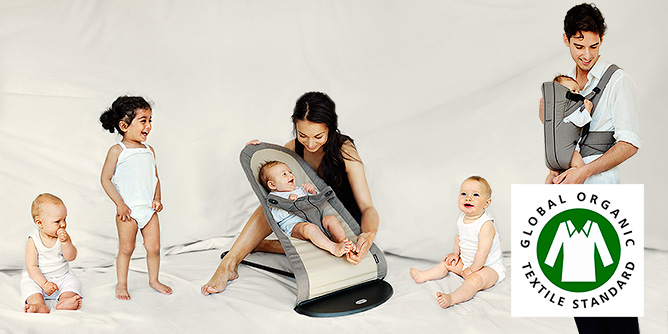
use the environmentally-improved variants of regenerated and synthetic fibers. A wider product selection of GOTS-certified products will be made possible which will also support the increased use of organic fibers. In addition, the use of virgin polyester and angora is banned.
Processing is also regulated more strictly. As in every revision process, the latest insights regarding textile chemistry and residue testing methods were considered and various applicable criteria and limit values were reinforced. The already extensive list of banned substances and strict residue parameters was further extended. This will point out more clearly that all substances criticized by Greenpeace in their ‘Detox Campaign’ remain banned in GOTS. New criteria were adopted for specific product groups, such as textile personal care products or mattresses.
The GOTS social criteria are based on the International Labor Organization (ILO) key conventions, which include ban on child labor. The audit areas that need to be covered by the auditors during the on-site inspections were further specified. The GOTS 4.0 now expressly stipulates programs or certifications with the results considered during the GOTS inspection: Fair Wear Foundation (FWF), Social Accountability 8000 (SA800), Worldwide Responsible Accredited Production (WRAP) and the Business Social Compliance Initiative (BSCI). Fire prevention training and evacuation drills were added to the existing health and safety training requirements. The implementation period for GOTS certified entities to comply with the new criteria is one year after the announcement.
The Top 20 countries in terms of the total number of GOTS-certified facilities were (by rank): India, Turkey, Germany, China, South Korea, Italy, Pakistan, Bangladesh, Japan, Portugal, France, United Kingdom, United States, Austria, Switzerland, Netherlands, Greece, Denmark, Belgium and Sri Lanka.
www.global-standard.com
The testing laboratory of the Bangladesh Garment Manufacturers and Exporters Association (BGMEA) has obtained a certificate from India’s National Accreditation Board for testing and calibration Laboratories (NABL). The certificate relates to chemical and mechanical parameter tests of BGMEA. With this certificate BGMEA has advanced a step ahead in international quality control of textile products.
The lab provides service for local and international buyers at a lower rate. BGMEA spends 10 per cent of the profits for the welfare of workers of the readymade garment sector. BGMEA works to protect and promote the interest of the garment industry, ensuring a sustained growth in foreign exchange earnings of the country. It maintains liaison with foreign buyers, business associations and chambers. It gives local manufactures opportunities to interact with foreign buyers. It has its own Institute, the BGMEA Institute of Fashion & Technology.
The association organizes trade missions to explore new markets and to facilitate trade in existing markets. It undertakes a number of regular activities and projects to ensure workers’ rights, social and environmental compliance and welfare. It plans to develop a central database system for workers of the readymade garment sector.
www.bgmea.com.bd/
Pakistan feels the GSP (Generalised System of Preference) Plus status will boost the country’s business with European countries and enable it to develop almost all sectors of the economy including leather and sports goods. GSP Plus is seen as demonstrating the trust and confidence of EU countries in the quality and competitiveness of Pakistan’s goods and products. The GSP Plus scheme is not only expected to boost Pakistan's exports to EU but would also strengthen its economy through greater trade, increased economic activities and creating employment opportunities for local people.
The country’s value-added sector needs to modernise its operational system. Trade and industrial sectors would have to adopt modern systems of computerised delivery besides paying proper attention to export growth in volume by making its space in European markets. Pakistan has a free trade agreement with Malaysia and China. The All Pakistan Bedsheet and Upholstery Manufacturers Association (APBUMA) has expressed reservations and fears about this trade agreement and bilateral trade with India. Following the FTA with China, Pakistani markets have been flooded with Chinese products. And with a proposed agreement on bilateral trade with India, APBUMA fears India can dump its cheap yarn in Pakistan.
Trade unions in Cambodia are putting the garment and shoe industries under pressure by demanding unreasonably high wages. Eight opposition-aligned trade unions have called for a garment strike from March 12 to 19 to demand a minimum wage of $160 for workers and the release of 21 detainees who were arrested on January 3 during violent protests. The eight trade unions represent about 2,00,000 of the 6,00,000 workers in more than 900 garment and shoe factories in Cambodia. The garment and shoe industry is the country’s largest foreign exchange earner, generating about $5.53 billion in revenues last year.
The current minimum wages for Cambodian garment workers are US$100 a month, up from UA$80 dollars last year. These wages are higher than those of Laos, Bangladesh, India, Nepal and Myanmar. Although the Labor Advisory Committee had already decided on the new minimum wage by a majority vote, minority and violent unions continue with daily threat of strikes, demonstrations and disruption of the workplace.
Many factories have reported a reduction in orders starting from April this year as buyers now consider Cambodia as a high-risk country. Ultimately it will be Cambodian workers who will be the hardest hit.


